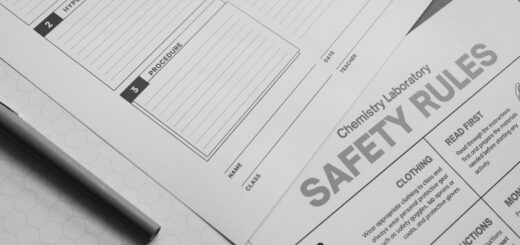Psychedelic Microdosing: The Scales of Benefit and Risk
The world of mental health and cognitive enhancement today presents a revolutionary yet controversial practice – the microdosing of psychedelics. Reportedly, this process harnesses subtle psychedelic effects to stimulate improved mental health and productivity. However, the potential risks tied to this routine call for serious attention and study.
Microdosing psychedelics refers to the practice of taking small, ‘sub-perceptual’ doses of substances such as LSD or psilocybin mushrooms. The intent is not to create a ‘trippy’ experience but to stimulate enhanced creativity, cognitive enhancement, and increased focus in daily activities. It’s an exercise of psychedelic self-experimentation that has garnered growing interest.
One of the most highlighted benefits of microdosing is heightened creativity. You might find anecdotal evidence and individual testimonies about how small doses of these substances produce brighter colors, enhanced thinking abilities, and more imaginative ideas. Several professionals, especially those from creative fields, have attested to the positivity and productivity they have achieved through microdosing.
Interestingly, this process might also stimulate neuroplasticity, the brain’s capability to reorganize itself by forming new neural connections. This can aid in cognitive enhancement, memory retention, learning abilities, and even mood improvement. The relationship between microdosing and neuroplasticity is an ongoing research topic. Promising studies have found that psychedelics enhance neuroplasticity, allowing for stronger and more flexible brain function.
Microdosing can also potentially aid in mood improvement. Users have reported feelings of happiness, openness, and mindfulness, leading to more gratitude and acceptance. However, these claims remain largely anecdotal, with more empirical research required to determine these effects definitively.
Nevertheless, while these potential benefits may seem attractive, the practice of microdosing brings some risks that mustn’t be ignored, particularly regarding long-term effects and responsible use. Despite the positive experiences that many self-report, it remains a fact that the long-term effects of microdosing are not well-studied. The safety of this practice over prolonged periods remains a gray area.
Notably, the possibility of becoming psychologically dependent on psychedelics is a risk. Despite the substances used in microdosing typically not being physically addictive, some individuals may become reliant on their perceived benefits for everyday functioning – a psychological addiction. Also, those with a history of psychotic disorders might precipitate or worsen their conditions through the use of substances like LSD or psilocybin.
Considering legal aspects, many of these substances are illegal in numerous countries, possessing them could potentially lead to legal consequences. Furthermore, the lack of regulation can also lead to uncertainties in the dosage, purity, or even the actual substance, posing additional risks to users.
Microdosing psychedelics also carries a risk referred to as ‘psychedelic risk’, a term coined by psychologist and psychedelic specialist Dr. James Fadiman. This risk means that because the doses are sub-perceptual, they should not influence your ego or sense of self to the point of dissolution. However, taking slightly more than a microdose could potentially put you in a state of mild, unintended tripping, which could be disrupting or dangerous, especially if unprepared or in an inappropriate setting.
Overall, the practice of microdosing psychedelics is a delicate balance of potential benefits and risks. While some praise the experience for its role in enhanced creativity, cognitive enhancement, and mood improvement, the unknown long-term effects and potential for abuse underscore the need for more research. Those considering this practice should proceed with caution, seeking professional guidance and adopting the principles of responsible use.
Sources:
1. Promising studies – enhanced neuroplasticity
2. Dr. James Fadiman – psychedelic specialist


